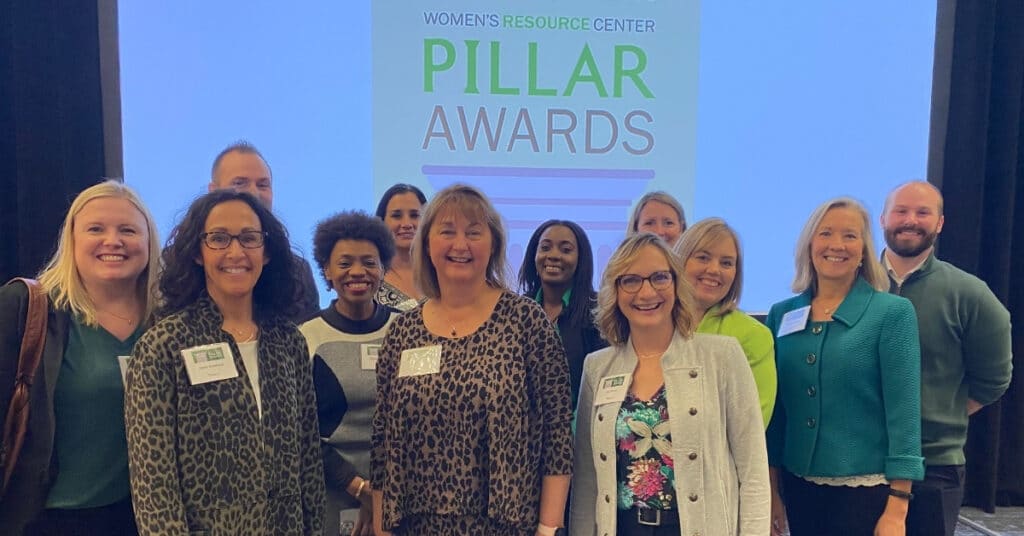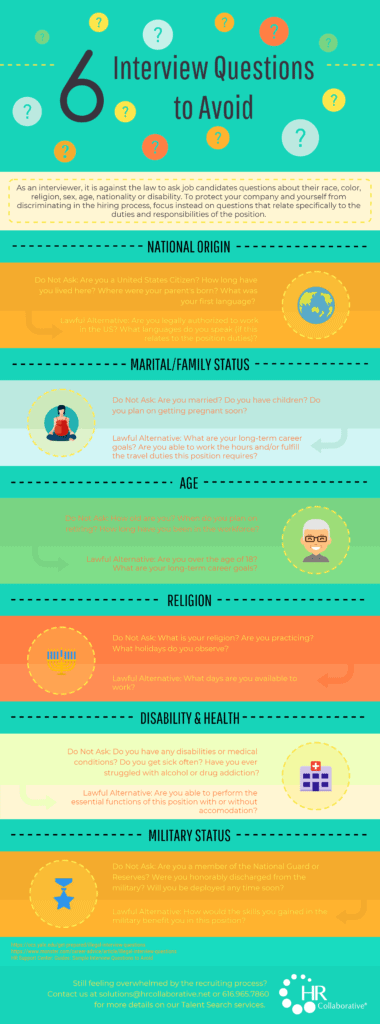How to Lead an Ethical Digital Transformation
Written by: Greg Collette

Recently, we discussed how Digital Transformation presents HR an opportunity to be a strategic differentiator. But with this opportunity also comes a responsibility to ensure the change leads to a healthy and positive workplace. In this post, future-of-work consultant Chris Schmelzer discusses how HR can lead an ethical, people-first, approach to digital transformation.
Watch Our Interview with Chris Schmelzer
How HR Can Lead a People-First Digital Transformation
There are a variety of ethical considerations when it comes to Digital Transformation. But there are three that every HR practitioner should be thinking about when going through this change.
1. Transparent, Honest, and Accessible Leadership
What leaders say and do (or don’t say and do) during disruptive change has a profound impact on the rest of the organization.
HR can set the tone and lead by example, communicating honestly and transparently with employees throughout the process. That means regularly sharing updates and being open about the reasoning behind any changes.
HR can also play a role in holding senior management accountable to transparency and accessibility before, during, and after the change. Employees don’t want to just hear from the top; they need to feel it from the top. If leaders model positive new behaviors, it will have a ripple effect across the company.
2. Creating Future-Focused Opportunities for Employees
Digital transformation, when done right, fundamentally changes the way we work. So while reskilling and upskilling are essential, they’re only half the story.
Digital transformation is a continual process. So HR should be thinking about not just how to train staff on a new piece of technology, but also how to train them to have a digital transformation mindset. Providing opportunities for employees to lead digital transformation projects, to immersive themselves in new technology, and to be part of upcoming technology decision-making creates an organization of digital transformation subject matter experts.
Not only does creating a company of technology SMEs create a more sustainable and stable workforce, it helps accelerate the organization’s digital evolution. As workers take ownership over the technology they use in their work, they will become change agents themselves.
3. Setting Transparent Guidelines on Employee Data
Thanks to AI and the Internet of Things, we’re going to have access to and be able to process more and more employee data. And while People Analytics is vital to improving productivity and engagement, when used injudiciously, it can become intrusive.
Now is the time to think about a principled approach to what people data your organization collects and how it uses that information.
It’s essential to have clear and transparent guidelines around:
- What data will be used
- How that data will be used
- The reason for using that data
- Who has access to that data
When considering what people data to collect, always ask: “Is this information vital to creating not only a more productive workplace but also a healthier and more positive one?”
Wrapping Up
Modeling open and positive behavior from the top, taking a future-focused approach to reskilling and upskilling, and advocating for clear and transparent employee data policies will lead to a digital transformation that makes work easier, not harder for your organization. Who better to lead these people-first initiatives than HR?
Hacking HR West Michigan Event Series
If you’d like to hear from more future-of-work experts like Chris, be sure to attend a Hacking HR West Michigan event. February 2020 is sold out, but there a several more throughout the year. April will continue the focus on the intersection of digital transformation, technology, and HR. June will discuss diversity and inclusion. And September will dive deep into the employee experience.
Chris Schmelzer
Chris Schmelzer is recognized as a human capital visionary and futurist who helps HR leaders envision what’s next. As a trusted partner to HR leaders, his expertise lies in advising on the future of work. He has experience implementing cutting edge HR technology solutions at large, global organizations. This experience has allowed Chris to consult on organization design, technology adoption, process optimization, change management, leadership development, and instructional design and delivery. Connect with Chris on LinkedIn.
Our Most Recent Articles

Employers to Benefit from New Kinexus Group Acquisition of HR Collaborative
The team at Kinexus Group announced today that they have officially acquired HR Collaborative, a west Michigan-based, women-led community of fractional HR professionals, to meet unmet demand and to serve more employers than ever before.
































































































